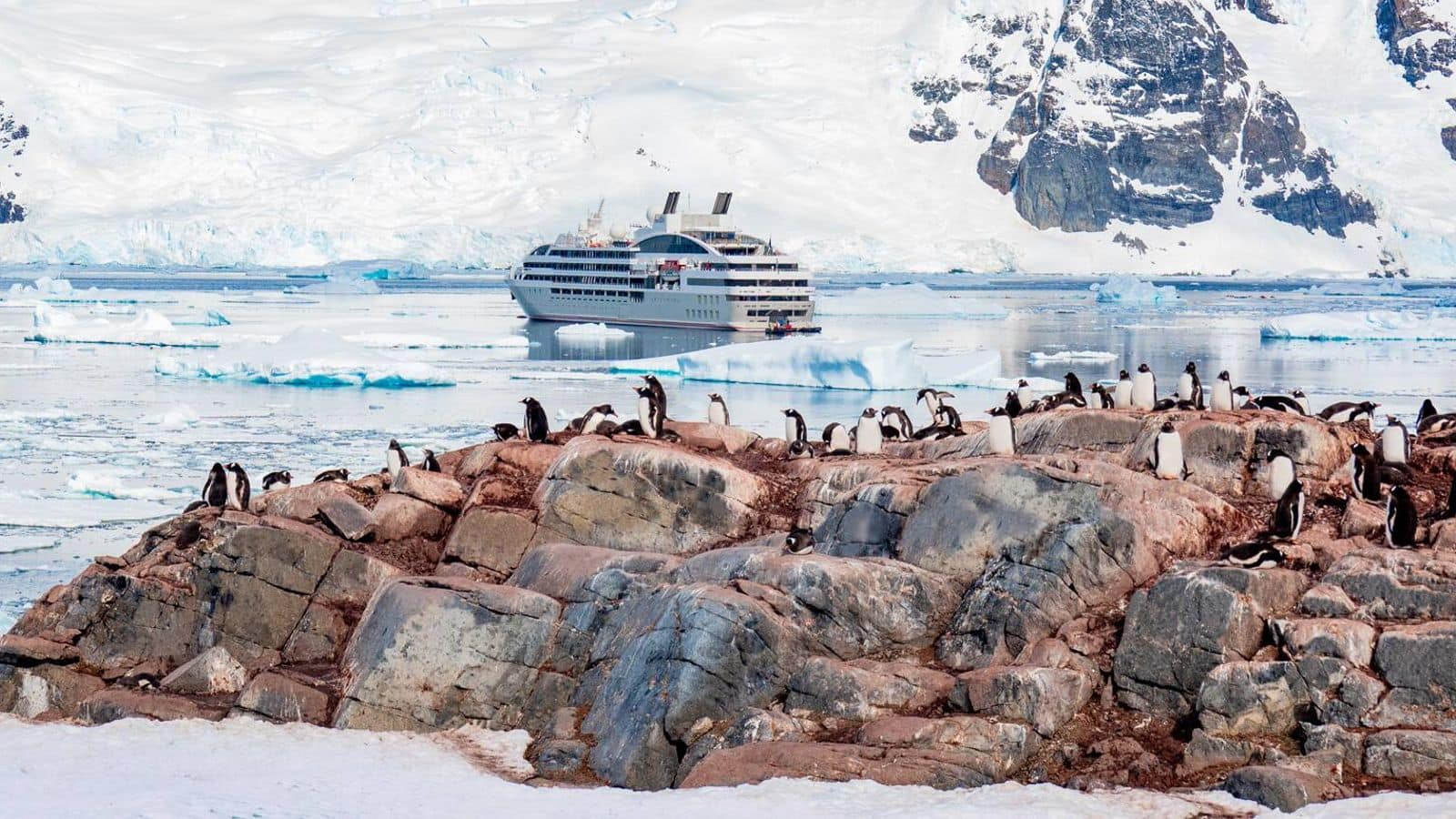
Antarctic expedition: Journey to the Earth's frozen frontier
What's the story
An Antarctic expedition offers a unique adventure to one of Earth's most remote and pristine areas. This icy continent, at the planet's southernmost tip, is a vast wilderness of snow and ice. It is home to breathtaking landscapes and incredible wildlife. Travelers can witness nature's untouched beauty, explore colossal glaciers, and encounter wildlife such as penguins, seals, and whales in their natural habitats.
Icebergs
Witness majestic ice formations
A highlight of an Antarctic expedition is witnessing the vast ice formations across the landscape. From towering icebergs breaking off glaciers to the expansive sea ice along the coast, these natural sculptures are a marvel. Visitors experience them from their ship or on Zodiac boat tours, with each visit unique due to the ever-changing shapes and sizes of the ice formations.
Wildlife watching
Encounter Antarctic wildlife
Antarctica hosts diverse wildlife adapted to its icy environment. On your journey, you'll likely see emperor or Adelie penguins on their breeding grounds. Leopard seals and Weddell seals are often spotted on ice floes or in the water. Whale watching is a highlight, offering chances to see minke, humpback and killer whales (orcas) during their migration.
History
Explore historic sites
Antarctica has a rich history of exploration and scientific research. Visitors can explore historic sites such as old whaling stations, research outposts, and monuments dedicated to early explorers who braved harsh conditions in pursuit of knowledge and discovery. These sites offer a glimpse into human endeavors on this isolated continent and highlight the importance of preserving its fragile environment for future generations.
Science participation
Participate in citizen science projects
Many expeditions offer travelers the chance to participate in citizen science projects aimed at conserving Antarctica's ecosystem. These activities might include collecting samples for climate research, conducting wildlife surveys, or contributing data for glaciology studies. It's an opportunity not only to learn about scientific research but also to make a meaningful contribution toward understanding and protecting this unique environment.